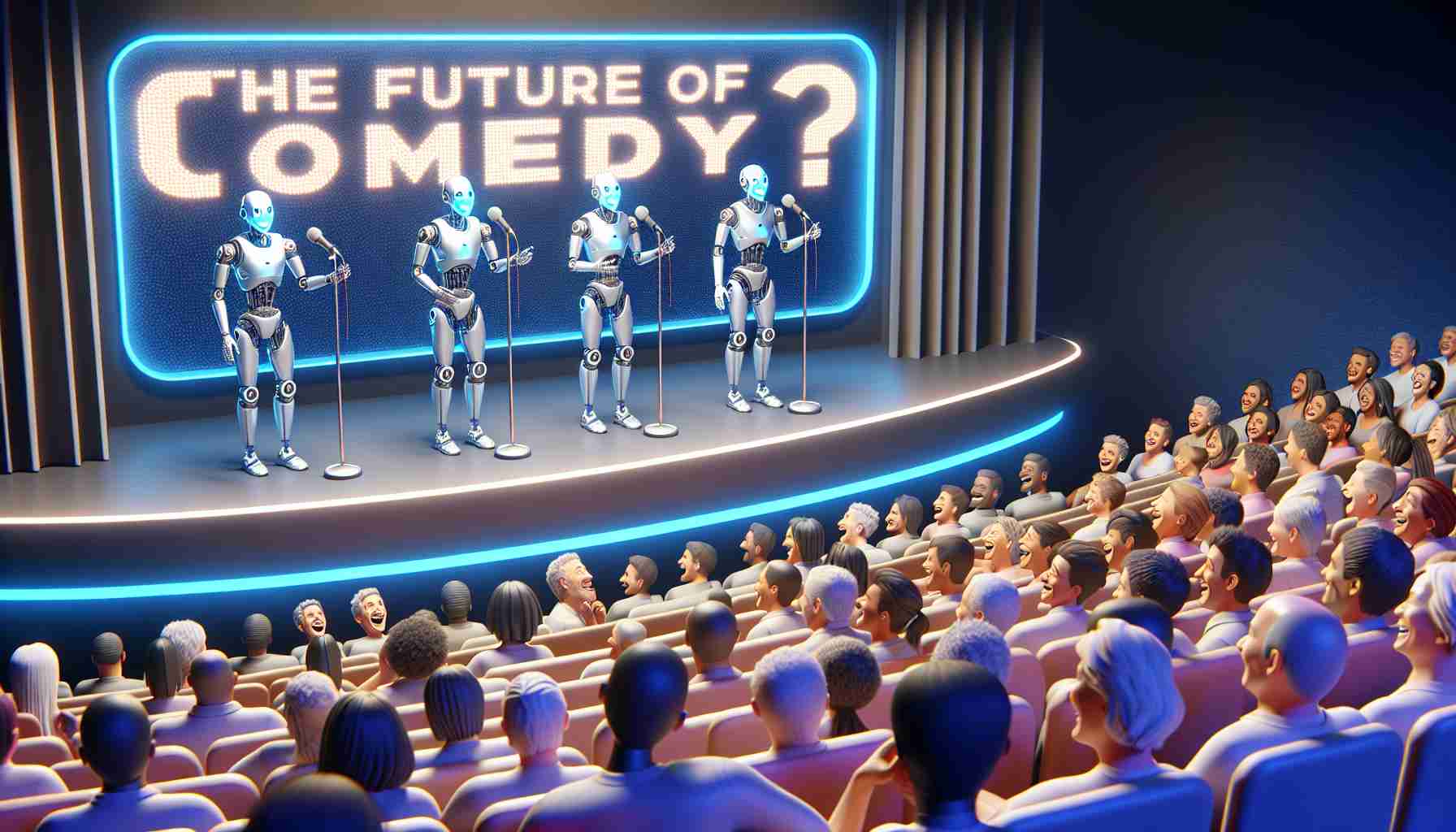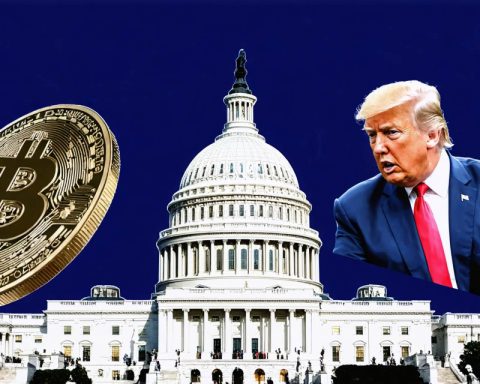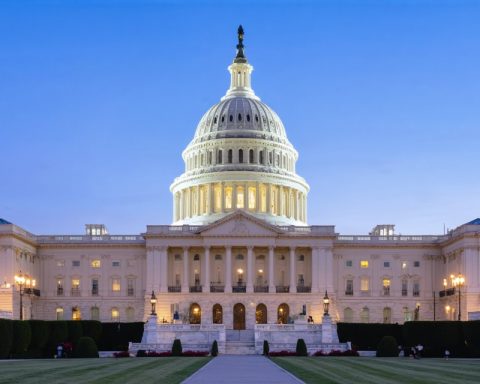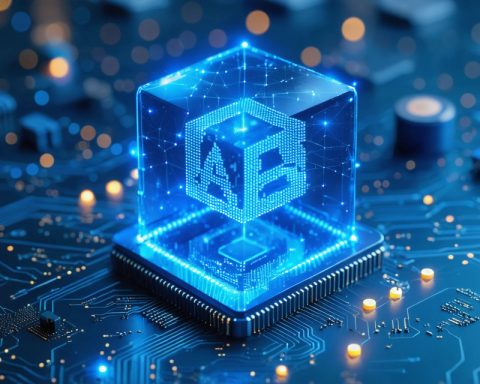Could the punchlines of tomorrow be crafted by machines? As artificial intelligence makes unprecedented strides, particularly in creative fields, comedy is experiencing a technological revolution.
Traditionally, comedy has thrived on human quirks and cultural idioms, making it deeply personal and spontaneous. However, AI-powered comedians are beginning to emerge, with algorithms capable of analyzing humor patterns and generating jokes. A recent study conducted by tech innovators has shown AI can create jokes that mimic human-made humor with surprising accuracy. With platforms like OpenAI’s GPT models, these AI comedians are now being tested in standalone acts and even incorporated into human performances to offer improvised responses.
But does AI threaten the uniqueness and spontaneity of human comedy? Experts argue that while AI can replicate and even innovate in joke-telling, it lacks the emotional depth and cultural context that define stand-up comedy and other comedic forms. AI’s role, they suggest, might lie in enhancing rather than replacing; assisting writers with prompts, exploring new comedic styles, or breaking language barriers in global comedy.
As audiences become more tech-savvy, their openness to AI-driven content is growing, marking a potential shift in the comedic landscape. While AI comedians might not be ready to headline a Saturday night at the Apollo, their increasing prominence cannot be ignored. The question remains: how will traditional comedians adapt, and what new comedic formats will emerge in this tech-fueled future?
The Future of Funny: Are AI-Generated Jokes Ready to Steal the Spotlight?
As artificial intelligence continues to advance, it is making inroads into areas once thought exclusive to human creativity, including the field of comedy. The rise of AI comedians could fundamentally reshape how humor is experienced and delivered.
Features of AI Comedy
AI-driven comedy relies on sophisticated algorithms to analyze humor patterns and generate jokes. These models, particularly those developed by platforms like OpenAI, leverage vast amounts of data to craft humor that mimics traditional joke structures and delivery. The evolution of AI humor has progressed from simple puns to more nuanced and contextually aware jokes that border on human-like wit.
Potential Use Cases
AI’s potential role in comedy is multifaceted. It can serve as a creative collaborator, providing writers with a treasure trove of ideas and prompts to inspire new material. Moreover, AI can help comedians explore innovative comedic styles that might not be immediately apparent through traditional methods. Its capability to break language barriers also opens new horizons for global comedy, allowing humor to transcend cultural limitations and reach wider audiences.
Limitations of AI-Generated Humor
Despite impressive strides, AI-generated jokes have significant limitations. One key shortcoming is the lack of emotional depth, which is essential for impactful comedy. AI lacks the ability to understand and react to the cultural nuances and spontaneous interactions that often give life to a stand-up routine. These limitations suggest that while AI can contribute to the comedic process, it is unlikely to replace the human touch anytime soon.
Market Analysis and Trends
The integration of AI into comedy is a burgeoning market trend, reflecting broader shifts in how audiences consume entertainment. As digital natives become more comfortable with technology-driven content, the interest in AI-enhanced or AI-generated performances is expected to grow. This shift presents both challenges and opportunities for traditional comedians, who must adapt to new formats and technologies to stay relevant.
Security and Innovation Aspects
AI in comedy also necessitates discussions around security and ethical considerations. As with any AI application, ensuring that humorous content generated by these systems is appropriate and non-offensive is crucial. Innovations in this field must prioritize the development of mechanisms to prevent the propagation of harmful or insensitive jokes.
Sustainability and Future Predictions
The sustainability of AI in comedy hinges on continuing innovations that harness its strengths without undermining the unique elements of human humor. Future predictions suggest a hybrid model where AI and human comedians collaborate, blending the computational power of AI with the emotive and improvisational skills of humans to create a more diverse comedic landscape.
In conclusion, while AI-generated comedians are not poised to oust human comics from the stage, their emerging presence is undeniable. The future of comedy will likely involve a symbiotic relationship between humans and AI, exploring new territories of humor that were previously unimaginable.











